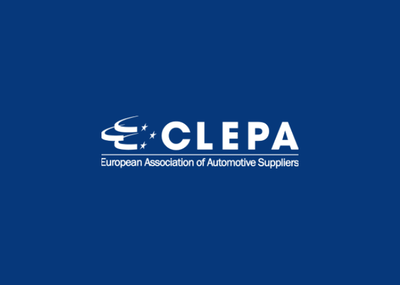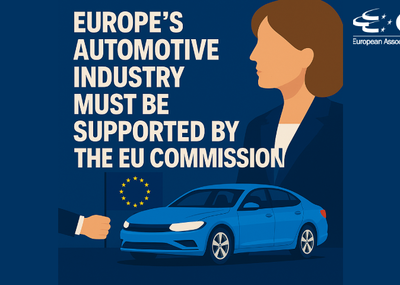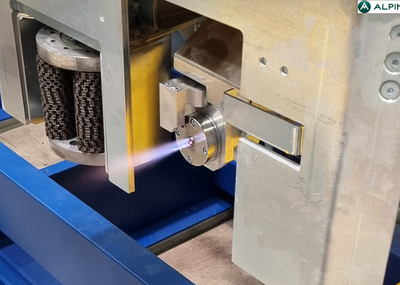Job losses continue to mount
Following a difficult year in 2024, which saw over 55,000 announced job cuts, the downward trend has continued into 2025. In the first quarter alone, another 10,000 job losses were recorded, while job creation has nearly ground to a halt, with only 500 new roles announced.
“The pain of job losses persists,” says Nils Poel, CLEPA’s Head of Market Affairs. “Worryingly, we’re missing out on the jobs of the future, as investment slows down and job creation comes to a standstill.”
Closures and bankruptcies drive the majority of losses
While internal restructuring accounted for most job cuts in recent years, the current wave is increasingly driven by insolvencies and site closures. In early 2025, 57% of all reported job losses were linked to factory shutdowns or bankruptcies – including at least eight sites across Europe, such as the notable case of Northvolt.
Overcapacity threatens further downsizing
According to the latest CLEPA-McKinsey Pulse Check, 62% of suppliers report overcapacity and rising fixed costs, with 25% stating they cannot cover fixed costs at current demand levels across most facilities. This significantly increases the risk of further restructuring and job reductions in the months ahead.
Profitability remains below sustainable levels
More than three-quarters of suppliers expect profit margins below the critical 5% threshold in 2025, with 42% anticipating operating with little to no margin at all – the worst outlook since the pandemic. This threatens the sector’s ability to invest and adapt to technological change, weakening Europe’s industrial foundation.
Investment forecasts slashed by €22 billion
Capital expenditure (CAPEX) projections for the period 2025–2030 have been cut by €22.3 billion compared to last year’s outlook. Annual investments are now expected to plateau at €35.6 billion by 2030 – well below previous expectations. While Europe still leads globally in CAPEX-to-sales ratios, the trend is reversing, just when large-scale investments in the green and digital transition are most urgently needed.
Call for urgent policy reset
“An industry under threat cannot deliver on Europe’s ambitions,” warns Benjamin Krieger, CLEPA’s Secretary General. “The expectations placed on automotive suppliers are unsustainable without a realistic and technology-open policy framework that supports innovation, demand and employment. A serious review of current CO₂ regulations is needed – one that aligns with real-world industrial conditions.”
Without decisive action, CLEPA warns that Europe risks losing a key pillar of its industrial ecosystem – along with the innovation, employment, and technological leadership it provides.












